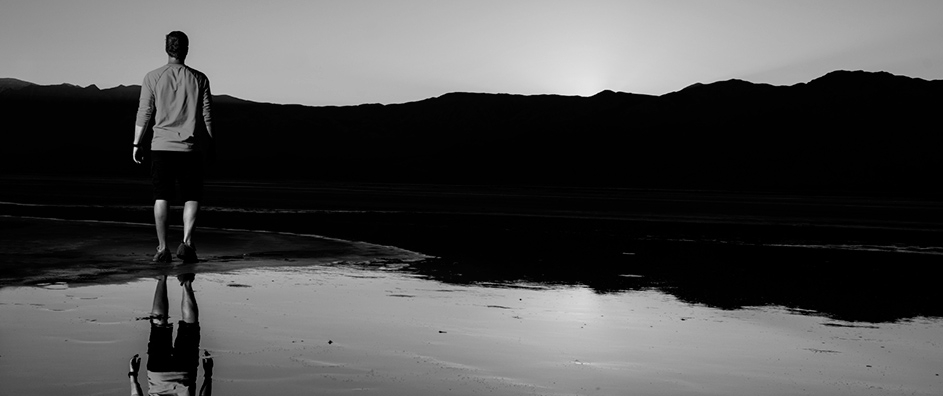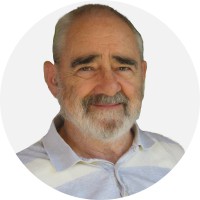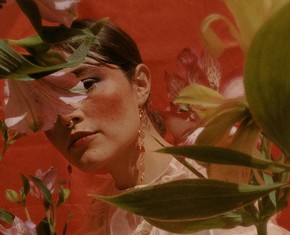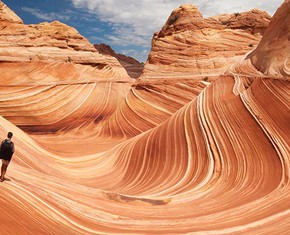The views expressed in our content reflect individual perspectives and do not represent the authoritative views of the Baha'i Faith.
It is summer in Australia, some sixty years ago, in more innocent times. I am 21 and about to attend a Baha’i Summer School with little idea of what to expect. My Baha’i teacher is Meg Degotardi, a practicing lawyer and committed believer. She has been teaching me her beliefs and has invited me to the School. It will run for about a week during the year-end holidays. Meeting other arrivals I am struck by their references to “the Faith” and their strong sense of a shared belonging.
Meg has good friends at the camp and introduces me around. Mostly Protestant in their origins, I notice a few exceptions, however: the Khan family from Pakistan who first entered Australia in 18th century; the Bluetts, Catholics with deep family roots in Ireland; the Jorgics from Yugoslavia and Germany, now “New Australians.” Why am I so much at home with this mixed bunch?
Every day I hear a talk on Islam given by Peter Khan, a student at the University of Sydney. He is a year younger than me and his talks astonish me. Precise and measured, but also sweeping in their treatment, they encompass the life of Muhammad and introduce me to his dispensation. Doors begin to crack open in my mind. Wiping away tears while describing the death of the prophet, Peter’s talk catapults me into another world.
One by one, other believers give their talks according to their capacity. An overall picture of the Faith’s teachings, its optimistic focus on world unity and peace and its predictions of a great new age to come in the future, start to sink in. The believers themselves speak. Curiously, I take for granted this sharing of teaching, this absence of priests.
At some point during the week I catch a heavy cold. To my complete surprise, Meg insists on taking me to Mother Dunne to be cured.
It seems that, when Hyde and Clara Dunne, now just called Father and Mother, were in Abdu’l-Baha’s presence, he had blessed them. They were about to depart for Australia and Abdu’l-Baha responded to this very special moment, the opening of an entire new continent to the Baha’i Faith, with unique gestures. First, he held Father Dunne’s head in his hands and spoke his blessing. Mother Dunne believed this granted Father the wisdom and deft decision-making needed to establish the Australian Baha’i Community on a good foundation. Then Mother’s turn came, and this time Abdu’l-Baha held both her hands as he spoke his blessing. Some years later she discovered accidentally that her hands had a powerful gift of healing. So Meg arranged a time early that evening for me to be healed.
When I entered Mother Dunne’s modest room, she asked me to come and sit by her on her bed. Mother placed one of her hands on my back and the other on my chest, closed her eyes and began reciting a short healing prayer:
Thy name is my healing, O my God, and remembrance of Thee is my remedy. Nearness to Thee is my hope, and love for Thee is my companion. Thy mercy to me is my healing and my succor in both this world and the world to come. Thou, verily, art the All-Bountiful, the All-Knowing, the All-Wise. – Baha’u’llah, Prayers and Meditations by Baha’u’llah, pp. 262-263.
Mother repeated this prayer a number of times, and I must have wriggled impatiently. Mother opened her eyes and looked at me for a while. Her chin lifted slightly. “I pray until I am answered,” she said composedly, and closed her eyes again. After a few more healing prayers, she advised me to retire for the night.
Showered and comfortable in my stretcher, I soon felt sleepy. But I began to detect warmth where Mother’s hands had rested, on my chest and back. It increased and increased. I had never felt such local, exactly positioned heat and have never felt it since. Although pronounced, the heat propelled me into a deep sleep and I did not wake till morning.
In her pink dressing gown and beaming at me as I approached her on the path to go to breakfast the next day, Mother Dunne asked intently: “And how are we feeling this morning, my dear?”
She had something of a lilting, Irish accent that I found entirely endearing. Suddenly I realized the startling truth—I felt fine, with all traces of my heavy cold unaccountably gone. I grinned as I told her the good news. She made no fuss, obviously expecting this result, and smiled amiably at me for a long moment. We went into breakfast together, another step taken.
During a talk given towards the end of the School, matters came to a head. The speaker was Gretta Lamprill, a Tasmanian and a determined Baha’i pioneer to the Society Islands. Her talk, delivered in a gentle but forthright manner, summed up the remarkable claims advanced by Baha’u’llah and insisted on their truth. As her talk progressed I became discomfited. I felt heated and my imagination took control. Flames seemed to be charging up the back of the hall and growing in intensity as Gretta proceeded with her kindly, appealing words. I could stand it no longer, so I stood up abruptly and left.
Back in my tent, a large one shared with other single men, I stared at the blank canvas wall. Everything was quiet but my heart raced. With no preliminaries, the wall of the tent seemed filled with kindly faces. I stared intensely, never having encountered such an experience either before or since. I recognized none of the faces but felt wrapped in reassurance.
“Do not fear, you are quite safe,” came the first thought into my mind. “You will become a Baha’i, but be calm and take your own time.”
Why did I find myself dissolving into ready agreement, simply accepting my future without demur? But, so it came to be. I became a Baha’i at Naw-Ruz, the Persian New Year, and Meg and I married a couple of months later.
















Comments
Sign in or create an account
Continue with Googleor